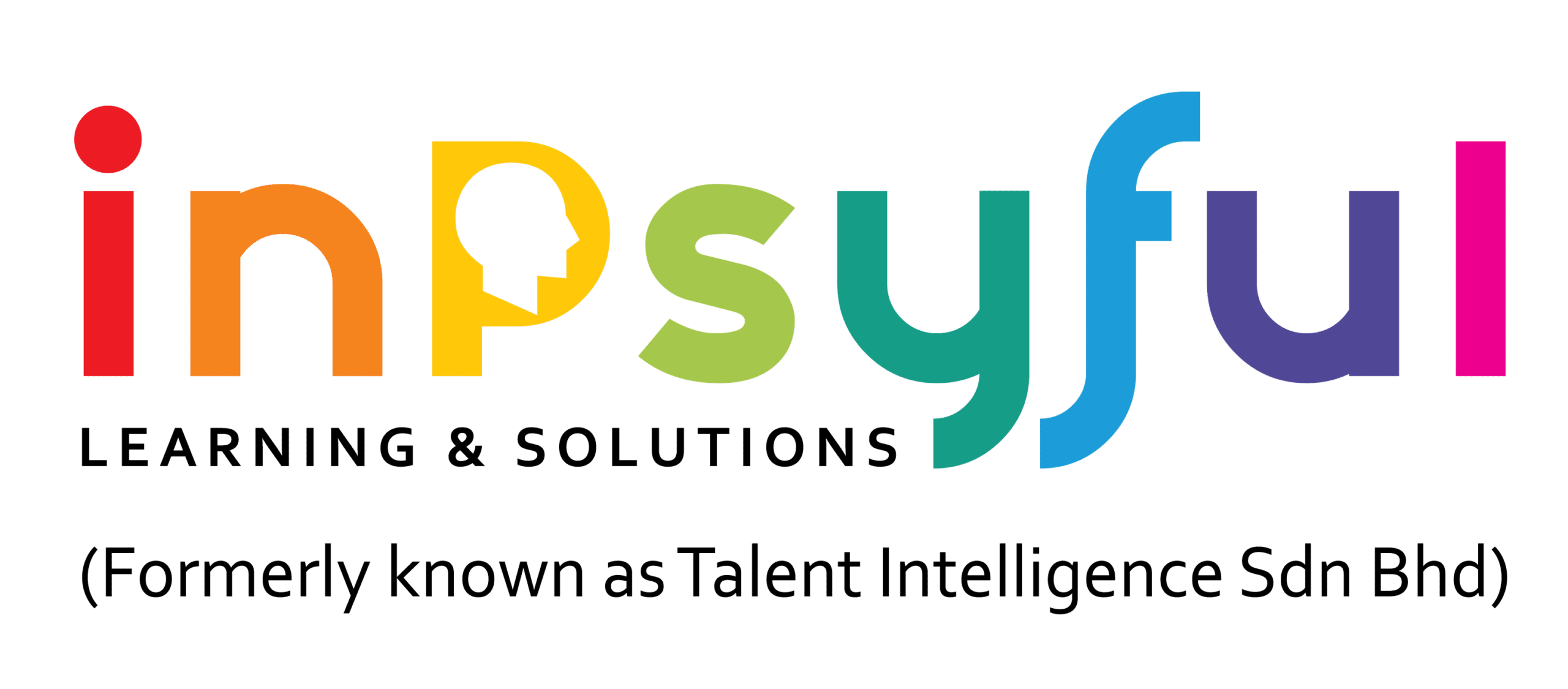02
Jul
Finance for Non- Finance Professionals
Who should attend
- Executives, Managers
LinkedIn
Facebook
WhatsApp



